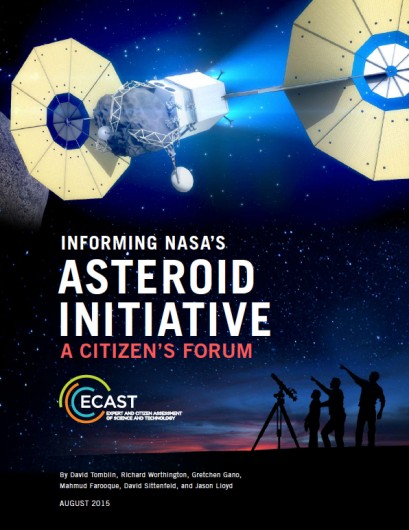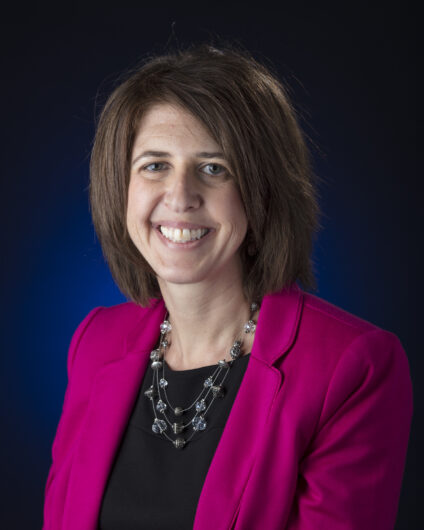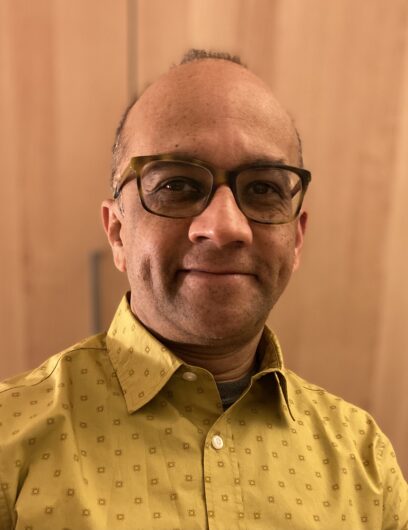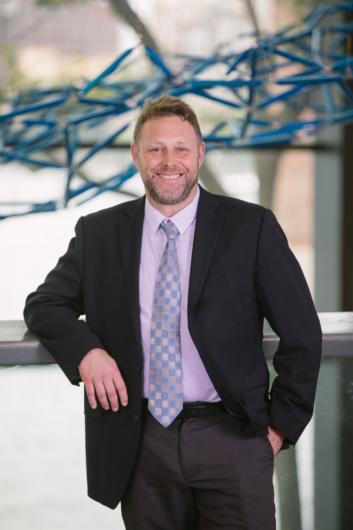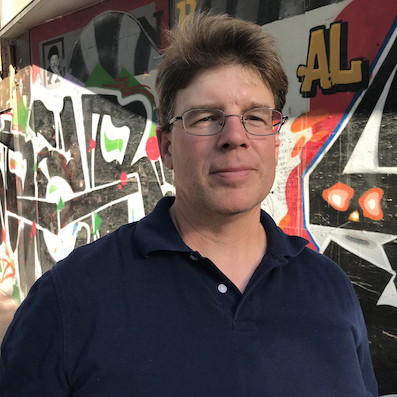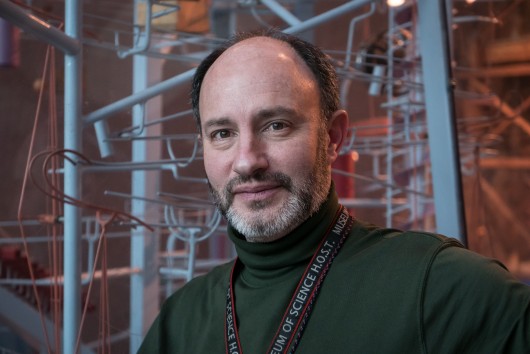Rethinking Science, Policy
From Asteroids to Oceans: Using Public Engagement to Inform Policy Decisions
The Consortium for Science, Policy & Outcomes (CSPO) and its partners have become global innovators in developing methods and tools that bring informed public voices and perspectives into critical scientific and technological decisions.
About the Seminar
October 01, 2015 8:30am—11:00am
Astonishing changes in science and technology regularly dominate the national conversation. Breakthroughs in gene editing give scientists the ability to manipulate the building blocks of life, opening up enormous questions about risk, ethics, and scientific governance. Human activity is altering the Earth’s atmosphere in unpredictable ways, leading to calls for a radical shift in the global energy system or even direct intervention in the climate through geoengineering. Scientific luminaries warn that artificial intelligence could advance beyond our ability to control it, posing a threat to human existence.
Decisions about how to manage or confront these issues affect us all. Yet the perspectives, interests, and values of lay citizens are too often left out of scientific and technological debates. Scientists and other experts decide how to frame and address important matters early on, frequently viewing them as purely technical questions. This upstream lack of transparency and inclusion damages the scientific enterprise’s legitimacy and often misses issues of vital concern to citizens—which, as climate change and genetically modified organisms illustrate, can become hugely controversial later on. Changing this dynamic requires informing and deliberating with the otherwise-disengaged public early and often, providing decision support and diverse perspectives for the significant choices confronting society.
The Consortium for Science, Policy & Outcomes (CSPO) and its partners have become global innovators in developing methods and tools that bring informed public voices and perspectives into critical scientific and technological decisions. At the next New Tools for Science Policy breakfast, we will present a model of public engagement that recently provided useful input for NASA’s Asteroid Initiative. Working through the Expert and Citizen Assessment of Science and Technology (ECAST) network, CSPO brought together university, museum, and client partners to provide an unprecedented, real-time technology assessment for a federal agency.
Public engagement on NASA’s Asteroid Initiative allowed lay citizens with various backgrounds, values, and knowledge to express views that credentialed experts might otherwise overlook—but which, as NASA discovered, can be very useful for robust decision making. By hosting a public forum on a complex topic that required consideration of highly technical issues, CSPO has developed a powerful tool for bringing informed public perspectives into today’s most important scientific and technological debates.
Location Information
ASU Washington Center
1834 Connecticut Ave NW, Washington, DC 20009
Additional Information
Please scroll below for seminar video. For project information, please visit: Project Page
Speakers
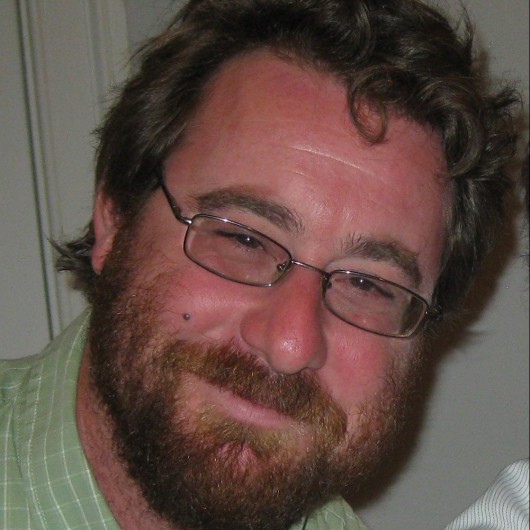
Ira Bennett
Co-director of CENTSS
Clinical Associate Professor, School for the Future of Innovation in Society, Consortium for Science, Policy & Outcomes, and Center for Nanotechnology in Society at ASU
Ira Bennett studies policies and politics of emerging technologies, specifically nanotechnologies. His focus is on educational programs in nanotechnology in society, and skill sets not traditionally included in science and engineering graduate education, such as societal aspects and communicating with…
Past Series
-
October 03, 2024 3:30pm
Carbon Removal Social [Science]
Holly Buck, Sara Nawaz, Rory Jacobson, Marcela Mulholland, Amanda Borth
-
June 04, 2024 12:00pm
Hopeful Climate Futures through Speculative Storytelling: Decolonizing Global Climate Action
Chinelo Onwualu, Joey Eschrich
-
April 29, 2024 9:00am
Public Funding, Patents, and Technology Transfer: Learning from the Contrasting Oxford and Texas Models of COVID-19 Vaccine Production and Distribution
Ken Shadlen
-
March 21, 2024 9:00am
Inspirations from European Technology Assessments: Institutions, Practices and Key Debates
Anja Bauer
-
May 10, 2024 9:00am
Adapting Federal Programs to Evolving Public Values: Insights from the Department of Energy
Darshan Karwat, Matthias Galan
-
April 30, 2024 9:00am
ASU’s Milo Space Science Institute: Increasing the World’s Access to Space
Jim Bell
-
January 22, 2024 12:00pm
Reinventing Participatory Technology Assessment
Nicholas Weller, Amanda Borth, Emily Hostetler, Jared Owens, Arthur Daemmrich
-
November 17, 2023 9:00am
“Unacceptable Costs”: Managing for biological invasions and climate risks in the US Pacific Islands
Laura Brewington
-
October 30, 2023 9:00am
Patent Data & Publicly-Funded Research: Applications, Benefits, & Misuse
Bhaven N. Sampat
